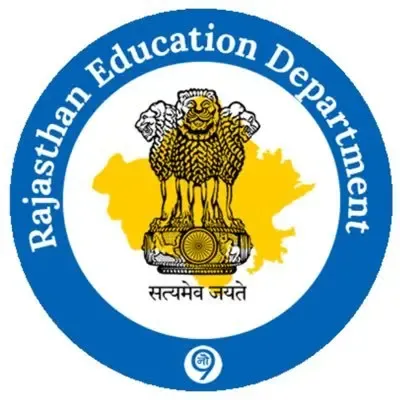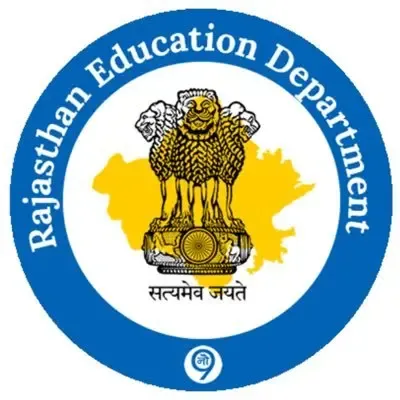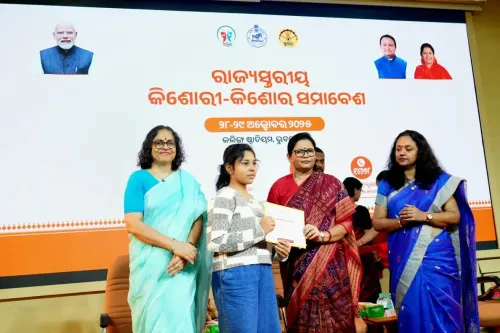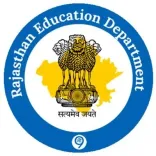Will Punjab Receive a Cash Incentive of Rs 17,500 per Hectare for Paddy Diversification?
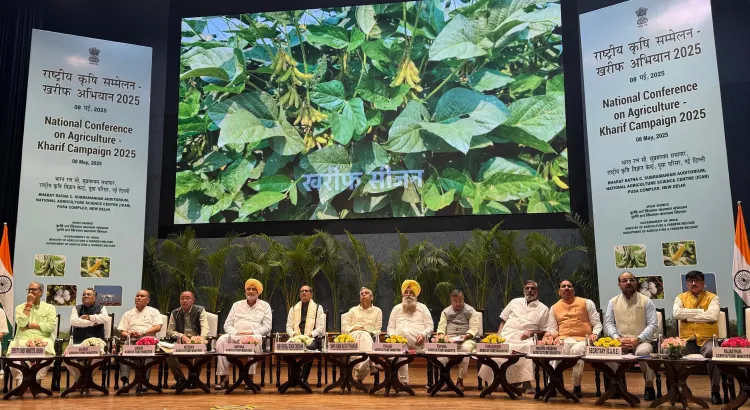
Synopsis
Key Takeaways
- Punjab seeks Rs 17,500 per hectare for crop diversification.
- Focus on alternative crops to reduce reliance on paddy.
- Financial support from the Central government is crucial.
- Importance of fertilizer supply to sustain agricultural output.
- Maintaining the wheat seed subsidy is vital for food security.
New Delhi, May 8 (NationPress) Punjab's Agriculture and Farmers Welfare Minister Gurmeet Singh Khudian has made a formal appeal to the Central government for a cash incentive of Rs 17,500 per hectare for farmers who choose to diversify their crops away from paddy during the kharif season.
Khudian highlighted that the Centre, in a letter dated June 10, 2024, introduced revised guidelines for the crop diversification program aimed at replacing paddy. The guidelines proposed a cash incentive of Rs 17,500 per hectare (for up to five hectares per farmer) for those adopting alternative crops such as maize and cotton during the kharif season.
Despite the issuance of two additional letters from the government of India in November and December of the previous year, there has been a lack of financial support, leaving farmers in a state of uncertainty, he remarked.
Khudian participated in the National Conference on Agriculture -- Kharif Campaign -- 2025 at the PUSA Complex, where Union Minister for Agriculture and Farmers Welfare Shivraj Chauhan inaugurated the conference. He emphasized that the Punjab government has already requested the Union government for support by providing incentives on a per-acre basis to cover the additional costs associated with managing paddy stubble, thereby addressing the issues of stubble burning and air pollution.
Additionally, he reiterated the state government's commitment to contributing to this initiative. He called for a consistent supply of fertilizers, asserting that Punjab contributes approximately 21% of the nation’s paddy and 46% of its wheat to the central pool, facilitated by a steady supply of the required fertilizers.
Khudian pointed out that there is typically a shortage of phosphatic fertilizers during the rabi season, making it crucial to ensure a continuous supply during the kharif season for pre-positioning.
He also urged the Central government to maintain the wheat seed subsidy, essential for safeguarding food security for the increasing population.
According to estimates from the Indian Council for Agricultural Research (ICAR), the country will need 345 million metric tons of food grains, up from the current 298.82 million metric tons.
To meet this demand, an expansion in the area under production of these crops is imperative.
ICAR estimates indicate a need to replace 33% of wheat seeds each year, which will necessitate around Rs 20 crore. However, the Union government has ceased the subsidy on wheat seeds under the NFSM and RKVY schemes.
In light of these issues, the state Agriculture Minister has requested the restoration of this subsidy to better serve the nation’s food needs.

